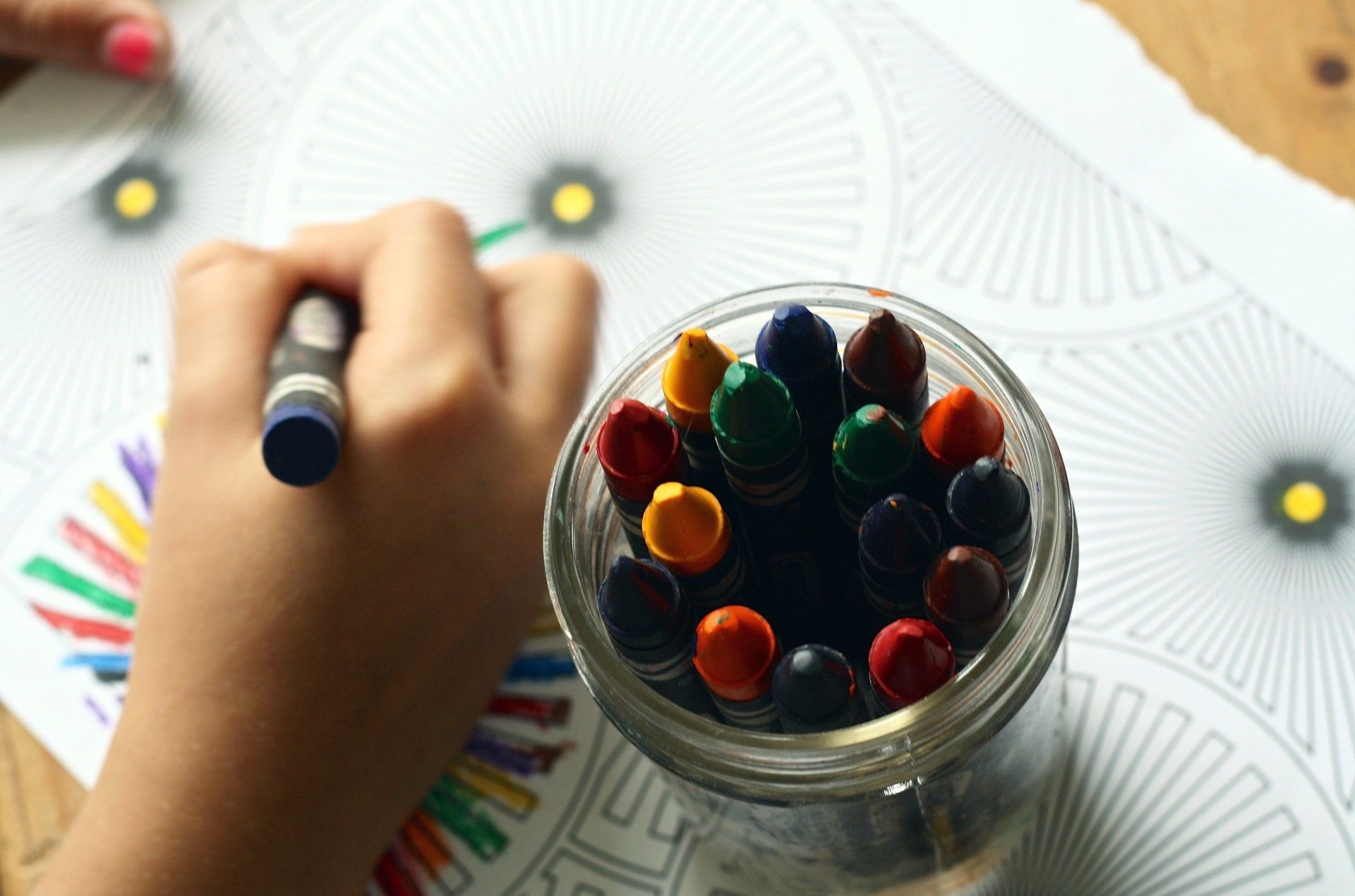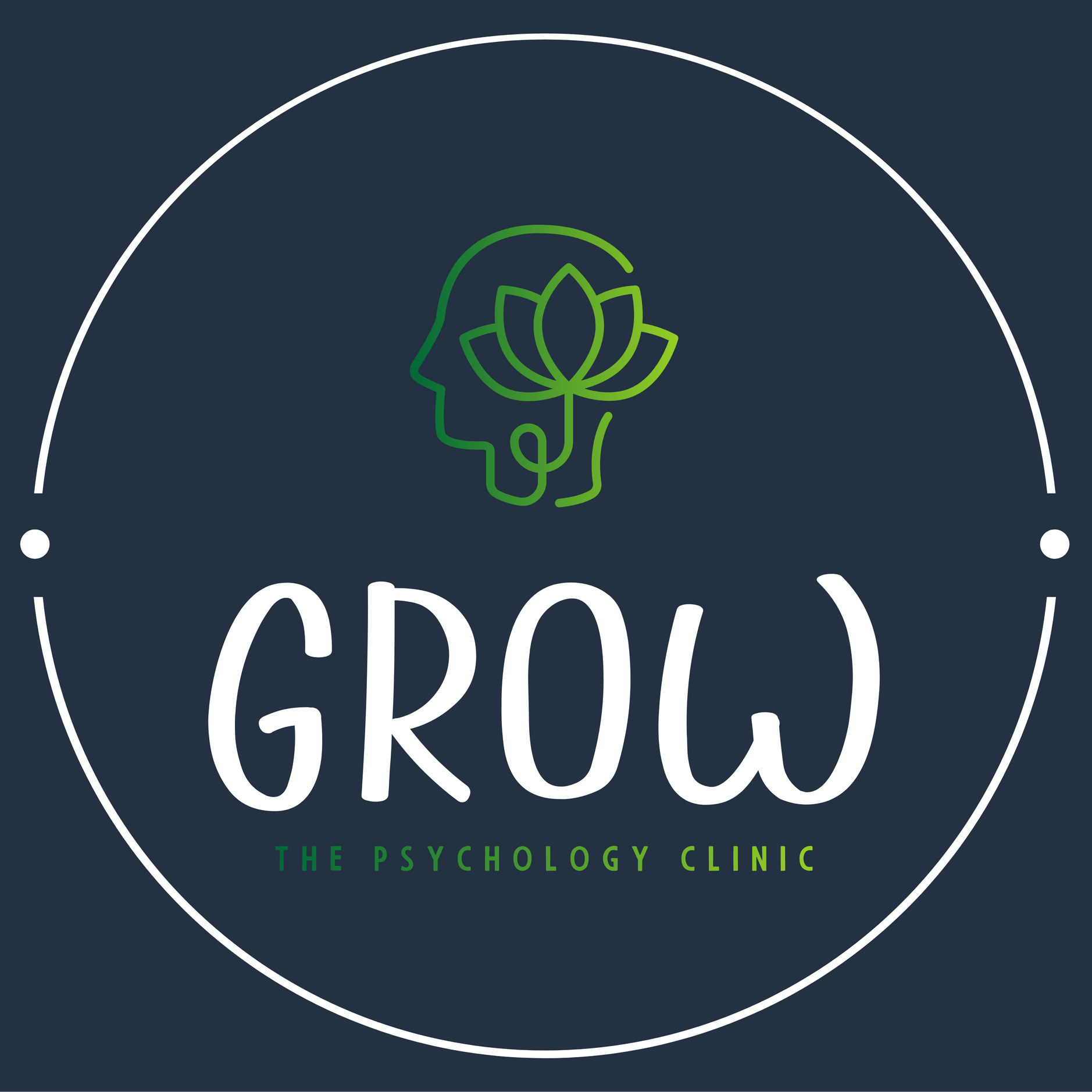My Approach

To become a Clinical Psychologist, an individual must have an undergraduate degree. Most individuals then work as Assistant Psychologists in clinical settings with patients to gain experience, before completing a three-year Doctoral level training in Clinical Psychology. A trained Clinical Psychologist will work with people across the lifespan and with a range of abilities. Training takes place in health and mental health settings across the National Health Service and charity sector. The training includes academic teaching, clinical work on placement and research work, including completing a Doctoral level thesis.
Following completion of training, Clinical Psychologists are accredited by The British Psychological Society (BPS) and registered with the Health and Care Professions Council (HCPC) as a Practitioner Psychologist.

As a Clinical Psychologist, I work with people to help them understand their difficulties and take steps to improve their emotional and physical wellbeing.
I do this by initially offering an assessment to map out the difficulties that an individual/family are experiencing in the context of historical and current life circumstances (called a formulation) and to then think with them about how their circumstances may be improved.
The formulation and treatment plan is very individual to each child and family; therefore, treatment length can vary depending on the difficulties with which a person comes to therapy. I work flexibly and adapt my model and style to fit the child and family needs. Most people can make significant progress in short-term treatment (up to 20 sessions).

The National Institute of Clinical Excellence (NICE) is responsible for creating guidelines for evidence-based psychological interventions to treat a range of problems, including low mood and anxiety. One such intervention is Cognitive Behavioural Therapy (CBT). CBT involves identifying our thoughts and feelings in relation to a particular situation and exploring how these may be impacting our behaviour. During therapy, your child may experiment with doing things differently to observe the impact of their thoughts and work on changing the way they think to see changes in their behaviour.
Alongside CBT, there are other theories that I find useful in my work, such as Attachment theory, Mentalization theory, Systemic theory and Narrative therapy.
Attachment theory focuses on relationships and bonds, especially the long-term ones, between individuals, such as parents and children. According to this theory, individuals are born with an innate need to form bonds with their caregivers during childhood. These early bonds may have a lasting impact on their attachment patterns throughout their lives.
Mentalization theory describes the ability of a person to understand their own thoughts and intentions and those of others and how these contribute to their actions. It involves understanding the actions of others in terms of intentional mental states such as desires, feelings, beliefs, and goals by putting yourself in someone elses shoes and keeping their mind in mind.
Systemic theory is based on the idea that we all live in various 'systems' that influence our behaviour and emotions. These systems can be our family, community, culture, school, work, sports, and more. When working systemically, the focus is on the context of the child and family in all these systems, identifying where change is needed and which individuals can provide the most support to bring about this change.
Narrative therapy takes a non-blaming approach and places individuals as the expert in their own lives. It views problems as separate from the individual and empowers the individual to change their relationship with the problems, for example, by re-storying conversations.

I offer evidence-based psychological therapy for a range of emotional problems and behavioural challenges, including:
- Anxiety
- Behavioural problems, including Attention Deficit Hyperactivity Disorder (ADHD)
- Bereavement
- Developmental difficulties, including Autism Spectrum Condition (ASC)
- Eating problems
- Emotional problems
- Emotionally Based School Avoidance (EBSA)
- Impact of trauma
- Low mood/depression
- Low self esteem
- Parental separation
- Phobias
- Relationship difficulties
- Sleeping difficulties
- Stress

There are some concerns that I choose not to work with in private practice. These include eating disorders, self-harm, suicidal ideation or intent and psychosis because I believe that children and young people presenting with these difficulties must have a strong team around them to support their needs. I cannot currently provide this level of support as a lone Clinical Psychologist in my private practice.
